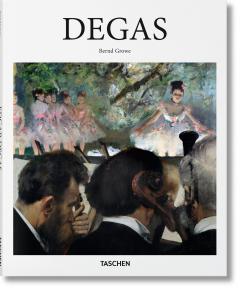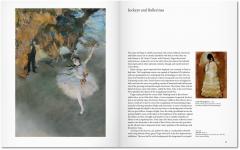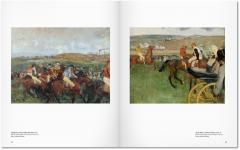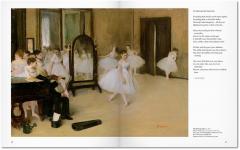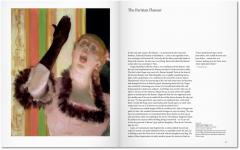Discover the oeuvre of French painter and sculptor Edgar Degas, whose obsession with movement saw him create over 1,500 images of ballerinas. From still lifes to cabarets, horse racing to noisy streets, Degas left no corner of the bustling Parisian entertainments untouched. Resisting categorization, his exploration of physicality inspired, reflected, and ultimately transcended the Impressionist movement.
Dance class: The master of bodies in motionMost commonly associated with the birth of the Impressionist movement in mid-19th-century Paris, Edgar Degas (1834 1917) in fact defied easy categorization and instead developed a unique style, strongly influenced by Old Masters, the body in motion, and everyday urban life.The elder scion of a wealthy family, Degas cofounded a series of exhibitions of Impressionist art, but soon disassociated himself from the group in pursuit of a more realist approach. His subjects centered on the teeming, noisy streets of Paris, as well as its leisure entertainments, such as horse racing, cabarets, and, most particularly, ballet. With often ambitious, off-kilter vantage points, his images of ballerinas numbered approximately 1,500 works, all deeply invested in the physicality and the discipline of dance.Through illustrations of Foyer de la Danse (1872), Musicians in the Orchestra (1872) and many more, this book provides an essential overview of the artist who resisted categorization but created a category of his own, a world of classical resonance, bold compositions, and an endless fascination with movement, which together produced some of the most striking and influential works of the era.About the series: Each book in TASCHEN s Basic Art series features: a detailed chronological summary of the life and oeuvre of the artist, covering his or her cultural and historical importance a concise biography approximately 100 illustrations with explanatory captions"

